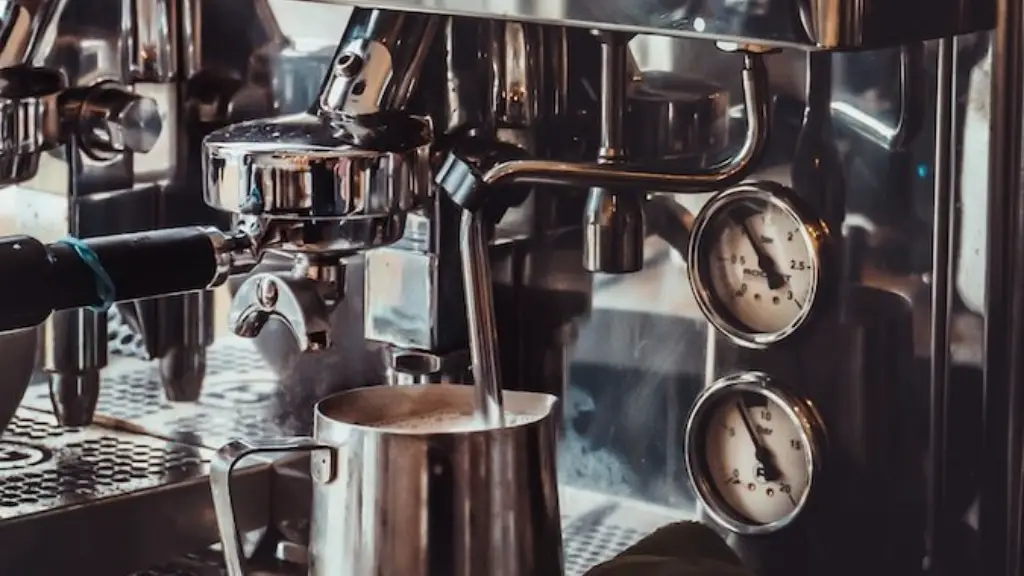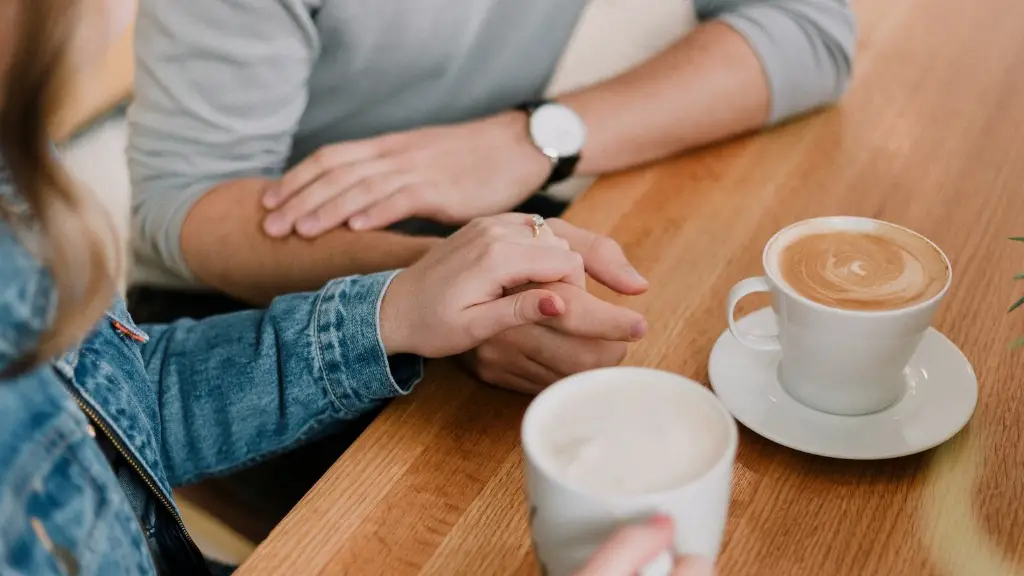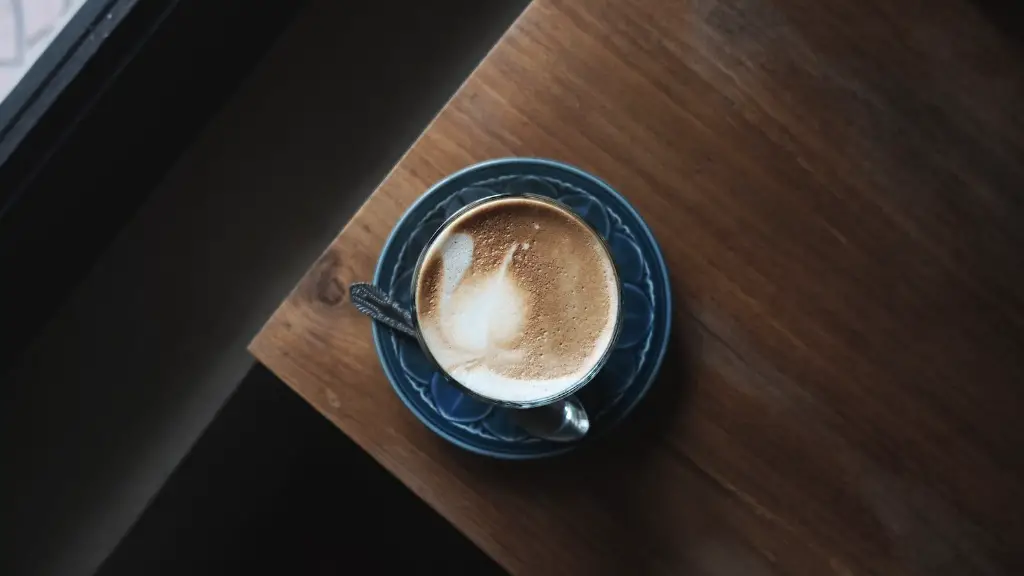Drinking coffee has long been a global favourite. Its popularity has boomed in recent decades, with the rise of the specialty coffee scene. But if you’ve ever been curious about whether it’s safe or bad to drink caffeine after drinking alcohol, you’ve come to the right place.
As long as you’re not drinking alcohol to excess, there’s nothing particularly dangerous about drinking coffee after you’ve had a few drinks. But there are some factors you should consider before you head to the coffee shop after a night out.
Alcohol is a depressant, meaning it slows down your body process, including your breathing and heart rate. Coffee, on the other hand, is a stimulant. Caffeine has the ability to enhance wakefulness and alertness, while also increasing your heart rate, blood pressure and metabolism.
The National Institute on Alcohol Abuse and Alcoholism explains that caffeine and alcohol both affect the body in different ways. Caffeine may reduce the subjective effects of alcohol and make it seem like you’re less impaired, even though you still have the same amount of alcohol in your system.
Professor Robert Swift, an addiction researcher at Brown University, explains that even small amounts of coffee can counteract the effects of alcohol. This can lead to people mistakenly believing that they can safely operate a vehicle or do activities that require alertness after having a few drinks.
But the American Academy of Sleep Medicine points out that drinking coffee after alcohol is more likely to leave people feeling wide awake and alert, rather than actually improving their functioning. So while coffee can help you feel more awake, it’s not going to make you safer to drive or perform hazardous activities.
It’s also important to note that consuming too much coffee after drinking alcohol can lead to dehydration. This is due to the diuretic effect of coffee, and it can lead to headaches, dizziness and confusion if you’re not careful. Drinking coffee may also worsen hangover symptoms, so it’s best to stick to one cup or two after drinking.
The effects of drinking coffee late
Another factor to consider is the timing of your coffee. If you’re drinking it late at night, it may interfere with your sleep cycle. Caffeine has a half-life of five to six hours, meaning it takes this long to reduce its effects by half. This means that if you drink a cup of coffee late in the evening, you may still be feeling its effects when you’re trying to get to sleep.
Alcohol also affects sleep quality and can make it difficult to get a full night’s sleep. If you choose to drink coffee after a few drinks, try to keep at least six hours between drinking the coffee and your bedtime. If you’re already having sleep issues, it’s best to avoid caffeine altogether.
Calories in Coffee and Alcohol
Another thing to consider is the amount of calories in both coffee and alcohol. Coffee itself doesn’t contain any calories, unless you’re adding milk, sugar or other sweeteners. But alcoholic beverages are often packed with calories and additives, which can take a toll on your health.
If you’re drinking both coffee and alcohol, you may not feel the effects of the alcohol as strongly because of the caffeine, but your body is still absorbing all those extra calories. So it’s best to keep an eye on how much alcohol you’re consuming, and how much caffeine is in your coffee.
Alcohol itself is also quite acidic, and combining it with coffee can increase the acidity level in your stomach, which can cause digestive discomfort. It’s also important to keep an eye on your caffeine and alcohol intake, as too much of either can lead to negative health implications over time.
Coffee Alcohol Combinations
If you want to mix coffee and alcohol, there are plenty of ways to do it. From coffee-infused beers and cocktails to coffee liqueurs, there’s no shortage of boozy coffee beverages on the market. While these drinks will still contain caffeine, the amount is usually lower than drinking regular coffee with your alcohol.
So if you’re looking for a way to enjoy both coffee and alcohol without the risk of interfering too much with your sleep or digestion, then these coffee-alcohol combinations are worth a try. Just remember to drink responsibly and enjoy in moderation.
Caffeine and Alcohol Side Effects
While drinking coffee after a few drinks isn’t necessarily dangerous, it can still have some side effects. The most common side effects include feeling jittery, anxious or dehydrated. Coffee can also make you more alert, which can make it more difficult to fall asleep if you’re drinking late at night.
It’s also important to note that mixing alcohol and caffeine can increase your risk of developing an addiction to either one. Experts recommend that if you’re already struggling with an alcohol or caffeine addiction, it’s best to avoid mixing the two.
The Bottom Line on Drinking Coffee After Drinking Alcohol
Overall, drinking coffee after having a few drinks isn’t necessarily dangerous if you’re drinking in moderation and following the other safety guidelines. Just remember that drinking too much caffeine can lead to dehydration and interfere with your sleep, and drinking too much alcohol can lead to long-term health problems.
If you’re looking for a way to enjoy both without overdoing it, then consider trying a coffee-alcohol combination. But if you’re already struggling with either alcohol or caffeine addiction, it’s best to avoid mixing the two.
Alcohol Tolerance – Is It Affected by Drinking Coffee?
Some people believe that drinking coffee can help reduce their tolerance to alcohol – meaning you feel the effects of alcohol sooner after just a few drinks. But experts disagree about whether caffeine can truly reduce your tolerance to alcohol.
Drinking coffee after drinking alcohol can make you feel more alert and lessen the effects of being drunk. But research shows that drinking coffee doesn’t actually reduce your tolerance to alcohol – it just masks the effects.
So if you’re looking to reduce your alcohol tolerance, the best way is to take regular breaks between drinks and drink plenty of water. And if you choose to drink coffee, be sure to keep track of how much you’re drinking to avoid overdoing it.
Conclusion
Drinking coffee after drinking alcohol isn’t necessarily dangerous as long it’s done in moderation. But it’s important to consider the other factors, such as timing, calories and any underlying addiction issues. Remember to follow the guidelines to drink responsibly and look out for the signs of over-consumption.





